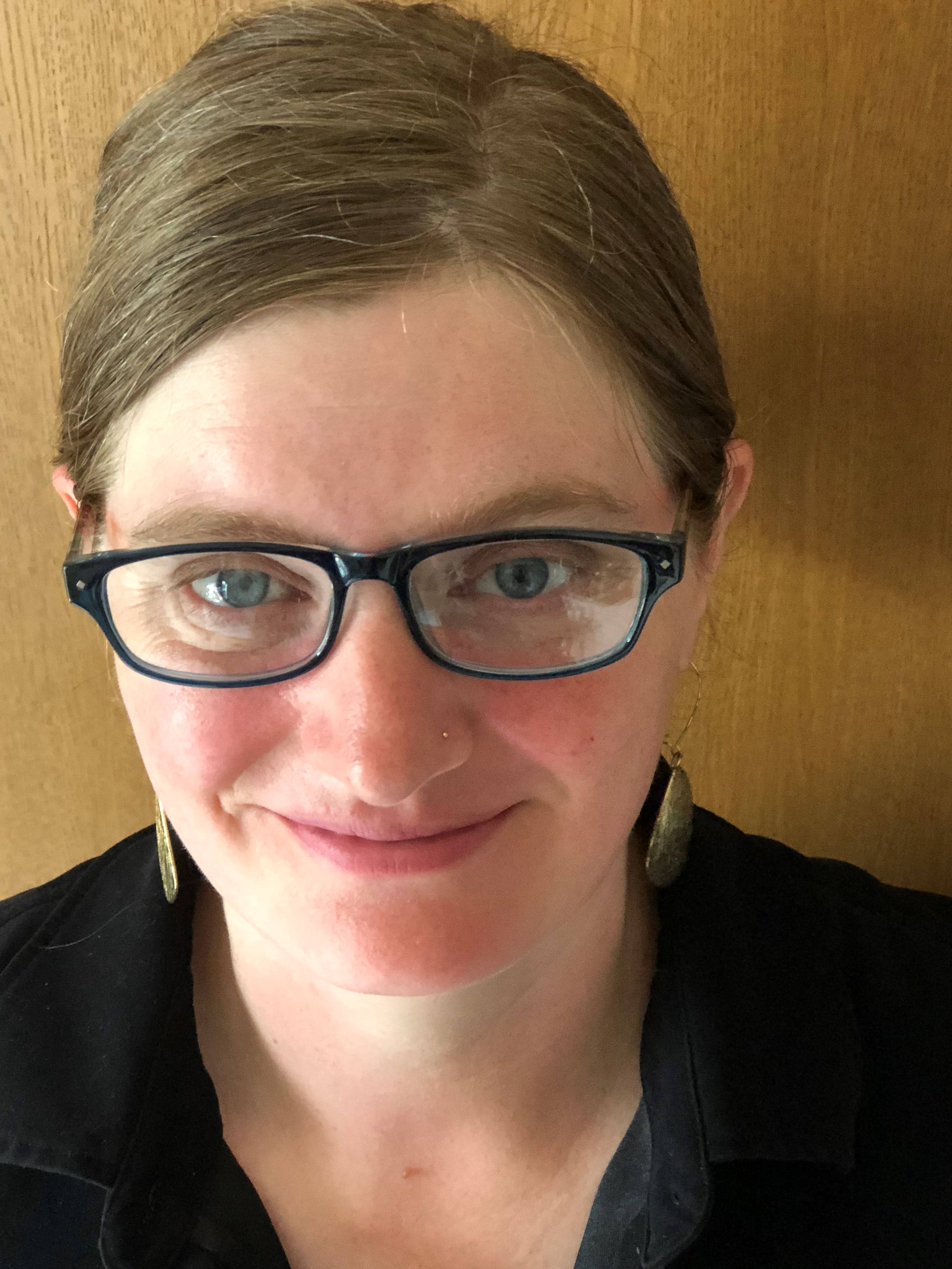By Maxine Dolma
If you were to ask me what I would want a romantic partner to know about loving and lending me support while dealing with the reality of CPTSD, this is what I’d say:
I have complex post-traumatic stress disorder (CPTSD). Yes, I have a mental illness and you need to know that my CPTSD doesn’t mean I’m broken. It means I have a brain injury from trauma because someone I loved and trusted -who was supposed to take care of me- abused me instead. The abuse happened again and again over days, months, and years. I lived in a constant state of terror that caused my brain and body to be soaked in stress hormones. Living like this meant my nervous system and brain got wired to be sensitive to anything that reminds me of the abuse. These reminders are called triggers.
I could be triggered by anything: it could be the way that you breathe or shuffle your feet. It could even be the sunshine, a man with a beard, or a bite of a cookie that reminds me of my abuser or the abuse. I don’t always know when I’ll be triggered or how those triggers will affect me. I’ll do my best to let you know what my triggers are and work to deal with all the feelings that come up.
But sometimes, I’ll pull away from you and when I do, it doesn’t mean I’ve stopped loving you. What’s really happening is that I can’t cope with what’s going on in my mind and body and how I’m feeling. Instead of backing away from me because you think I don’t love you, I need you to be brave and ask me what I’m going through and how you can help. I don’t need you to fix me. I don’t need you to make my feelings or problems go away. I just need you to be patient and compassionate.
Sometimes, I’ll have a crisis where I am so triggered that I get stuck in a spiral of self-destructive talk, self-harm, or shame. Maybe I will experience an emotional or physical flashback where I’m remembering the abuse or feeling overwhelmed to the point where I can’t talk, and I retreat into my own mind or leave my body entirely. If it’s that intense, I’m in crisis.
When I’m in crisis, I need you to have so much patience and understand that the part of my brain that is usually able to talk, reason, and deal with feelings has shut down and I have stress hormones pumping through my body. I need you to know that I can’t control what I’m going through. And when I’m there, I hope we’ve talked about a crisis plan and that we’ve written it down so you can follow it right then, because I need you to do so that I am safe.
If things get bad, you’ll need to call my therapist or the crisis line, or emergency services. Yes, it might happen that you’ll be the person who makes the tough calls. Please stick to the plan we’ve created and stay calm. I know it’s hard; it’s probably the hardest thing you’ll have to do right then. Remember that I appreciate your bravery, your strength, and most of all your love.
If during our time together, you feel like it’s all too much and you can’t support me, please let me know. I can understand that you need time to take care of yourself. DO take care of yourself. If you need to see a therapist, I will support you as much as I can.
Have boundaries with me. Don’t hesitate. We need to keep things healthy between us. It helps me heal.
After all of this, you might still wonder how you can be a good partner. Show me you’re trustworthy, reliable, and compassionate. I can’t say this enough: understand that you don’t need to fix me or stop me from having my very messy, sometimes confusing feelings. Instead, I need you to practice detached compassion which means that you allow me space to have my feelings without reacting to them.
I also need you to remember that I’m responsible for my feelings, what I say, and what I do just as you are responsible for what you feel, say, and do. If I hurt you, don’t make excuses for me. If you hurt me, I need you to be responsible too.
If you are serious about wanting to stick around and be in my life, I need you to know where I’m at with therapy -if I invite you. But if I can’t, I’m not trying to keep you in the dark. It most likely means that it’s hard for me to deal with my own stuff right now and I just can’t share; I need to figure it out on my own.
I need you to know that it will take time for me to heal. And while I’m healing, I am taking my mind apart from its very foundations and working my way up. I will change. I will grow. Sometimes you won’t recognize me, but if I’m still here, know that I love you and I’m profoundly grateful for your love and support.
Guest Post Disclaimer: Any and all information shared in this guest blog post is intended for educational and informational purposes only. Nothing in this blog post, nor any content on CPTSDfoundation.org, is a supplement for or supersedes the relationship and direction of your medical or mental health providers. Thoughts, ideas, or opinions expressed by the writer of this guest blog do not necessarily reflect those of CPTSD Foundation. For more information, see our Privacy Policy and Full Disclaimer.

Maxine Dolma is a freelance mental health writer with a BA in professional and technical writing. Their pronouns are they/them she/her. Max is a parent of two remarkable people, loves traveling the world, and spinning yarn on a Turkish drop spindle. You can find Max’s work on Instagram @maxine_dolma_writes and at their fledgling site at www.mdolma.wordpress.com.


An insightful article for anyone who wants to support someone with CPTSD.
I support clients who have survived childhood trauma with Rapid Transformational Therapy, which gently releases the causes of triggers and limiting beliefs from the subconscious mind, resets the amygdala alarm system, and rewires the mind for deep and lasting transformation.
Thank you for this article. It gives me language to understand what my husband is experiencing. What do you recommend if he does not agree that he has Cptsd and is unwilling to seek treatment?
This is the best article I’ve ever read on CPTSD to help loved ones understand. I believe this can help friends and family members too not just romantic partners. As a trauma survivor myself, I am passionate about people finding the healing they need. In my own work, I support trauma survivors in an embodied experience of somatic healing and emotional release